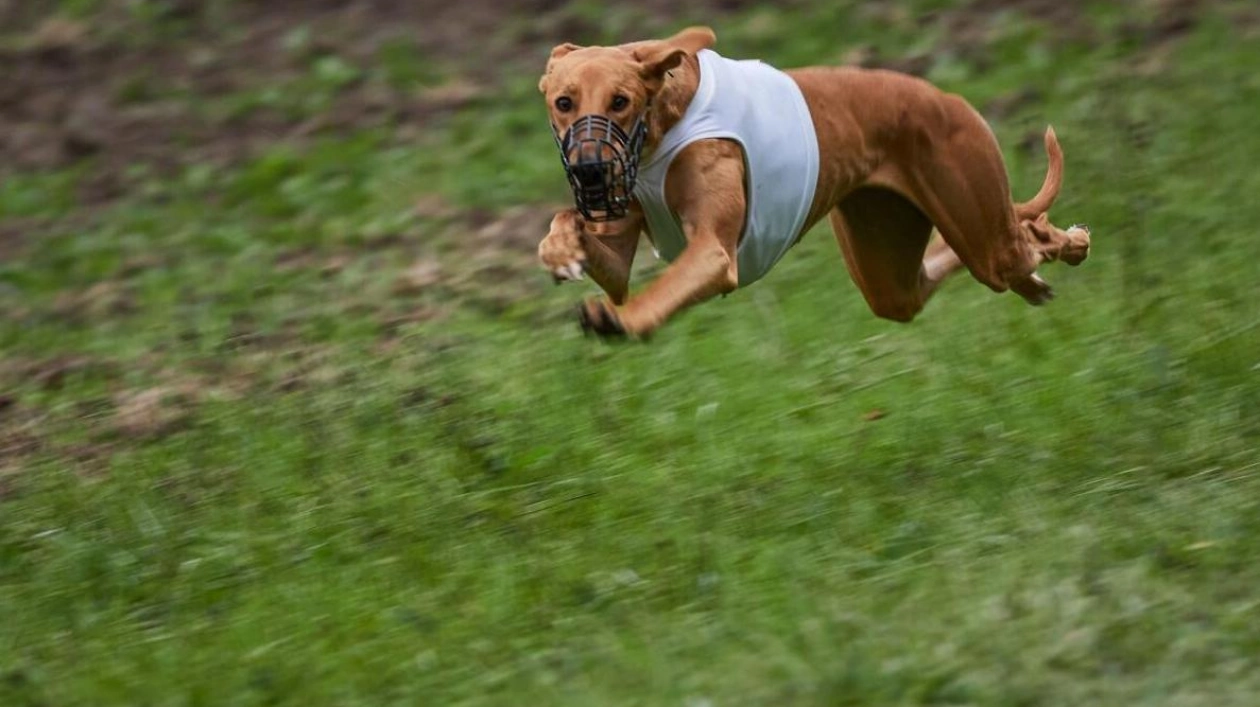A greyhound sprints during a lure coursing event at the castle of Grillemont, home to one of France's last remaining dog tracks, in La-Chapelle-Blanche-Saint-Martin, central France, on September 29, 2024. – AFP file photo used for illustrative purposes.
The New Zealand government has proposed a ban on greyhound racing starting from 2026, citing the persistently high rate of injuries among the dogs. The greyhound racing industry in New Zealand has been under scrutiny for years due to its failure to adequately safeguard the welfare of the animals. Over the past decade, three reviews have called for significant reforms in the sector.
"While the number of dogs dying has decreased, the injury rates, though slightly reduced, have stagnated and remain unacceptably high," said Minister for Racing Winston Peters in a statement. The government plans to phase out greyhound racing over a 20-month period and has established an advisory committee to assist in finding new homes for an estimated 2,900 racing dogs.
On Tuesday, the government introduced a bill, supported by the opposition Labour party, aimed at preventing the unnecessary euthanasia of racing dogs. Further legislation is expected next year to amend existing laws and officially outlaw greyhound racing. New Zealand, along with the U.S., Ireland, Australia, and Britain, is one of only five countries where commercial greyhound racing is still permitted. The industry represents 8.5% of New Zealand's NZ$1.3 billion ($760 million) racing sector and employs just over 1,000 full-time workers, according to data.
Source link: https://www.khaleejtimes.com






